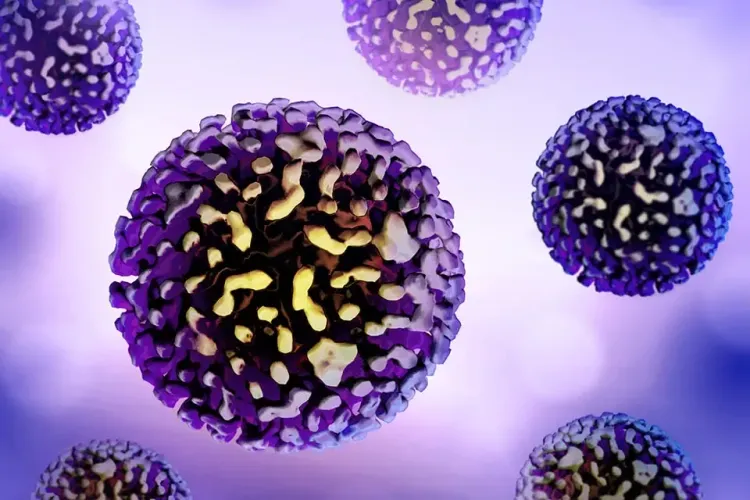Are Hepatitis B Drugs Being Underutilized? Insights from The Lancet

Synopsis
Key Takeaways
- Hepatitis B drugs are underutilized.
- Early treatment can save lives.
- Current medications are safe and effective.
- Less than 3% of infected individuals receive treatment.
- Reducing liver cancer incidence is possible with better treatment access.
New Delhi, July 25 (NationPress) Hepatitis B medications are significantly underutilized, and enhancing early treatment for the deadly hepatitis B virus (HBV) could potentially save countless lives over time, asserted scientists in a recent study published in The Lancet Gastroenterology and Hepatology.
HBV claims over 3,000 lives daily, translating to more than 2 deaths every minute. Among those who do not clear the infection and develop a chronic HBV infection, between 20 and 40 percent will perish if left untreated.
The experts emphasized that while the currently available medications do not provide a cure, they are safe, effective, and affordable.
"These drugs are valuable yet severely underutilized," stated John Tavis, Professor of Molecular Microbiology and Immunology at Saint Louis University School of Medicine.
"Fewer than 3 percent of individuals infected with HBV are currently receiving treatment, and evidence suggests that many more could benefit. Initiating treatment earlier will significantly reduce disease and mortality rates," Tavis added.
The research highlighted that early intervention not only slows disease progression but also minimizes cumulative liver damage over a chronic infection lasting 20 to 30 years, which can lead to liver cancer and liver failure.
The researchers also pointed out that hepatitis B imposes an emotional, mental, and social burden that adversely affects the quality of life.
"The most common transmission route is from a mother with HBV to her infant," Tavis explained. "Many mothers are unaware they are infected, and the stress of unintentionally passing a lethal illness to their child is unimaginable," he continued.
Despite the virus not spreading through casual contact, many individuals face challenges within their communities.
"We understand that these drugs could potentially decrease liver cancer incidence by two-thirds, or possibly even three-quarters. This would have a significant impact, potentially saving millions of lives over time," Tavis concluded.










